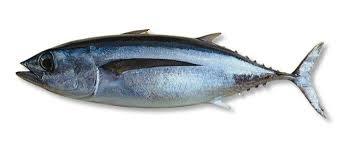
PRESS RELEASE
MADRID, 2 JUNE 2015
After several months of negotiations, the tuna company Albacora, the UGT and the global trade union, theInternational Transport Workers’ Federation (ITF), today signed the first collective agreement covering non-European Union nationals employed on the company’s boats. The new agreement provides for decent working conditions for non-EU nationals employed on Albacora’s boats, including standards above the minimum stipulated by International Labour Organisation (ILO) conventions. It also sets out procedures for resolving incidents and problems on board, with crew members having the right to trade union assistance and representation. The UGT, an ITF affiliate and responsible for negotiating the agreement, acknowledges Albacora’s commitment to its employees and to collective bargaining. The agreement signed today covers 700 workers employed on 17 boats. However, the industry includes both trustworthy and responsible companies like Albacora and others that violate social and labour standards and rights and ignore the need for sustainable fishing. The UGT calls on the authorities to ensure compliance with national and international standards and conduct a thorough analysis before issuing fishing licences or providing public subsidies to companies that repeatedly commit offences under national and international law. We cannot accept that such companies should receive the same treatment as those who show a sense of responsibility and are committed to good labour relations, proper employment contracts, legal catches and sustainable fishing. The fishing industry has not traditionally welcomed collective bargaining because of its nature. Recruitment of non-EU nationals is another reason for defining a regulatory framework able to provide job security and facilitate trade union representation of workers in the sector. The ITF and its affiliates will therefore continue to put pressure on at all levels to urge all companies in the industry to adopt collective bargaining as the best instrument to improve working conditions. It also benefits the companies themselves by ensuring their compliance with the law, increasing competitiveness and enhancing their reputation in terms of corporate social responsibility (CSR). The agreement signed today is a very positive step towards improving the fishing industry’s image and contrasts with the way the spotlight is usually on illegal activities (illegal fishing, piracy, inhuman treatment of crew members) that harm its reputation.
